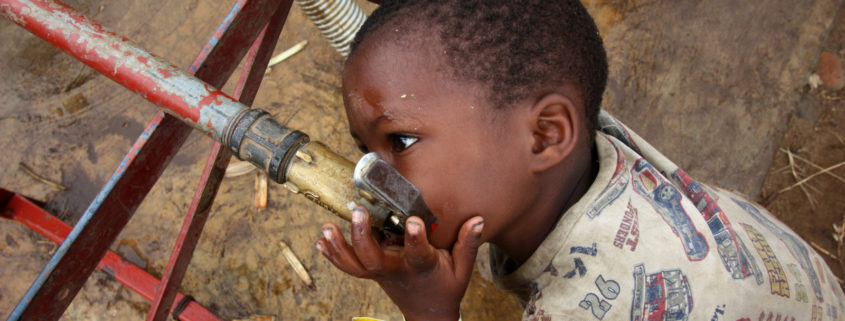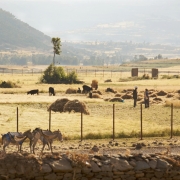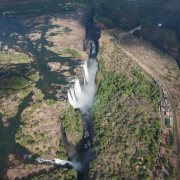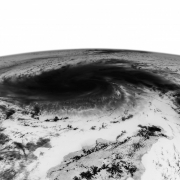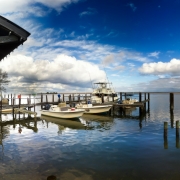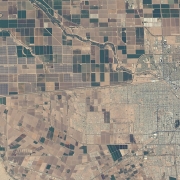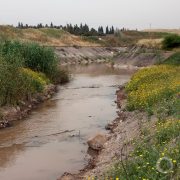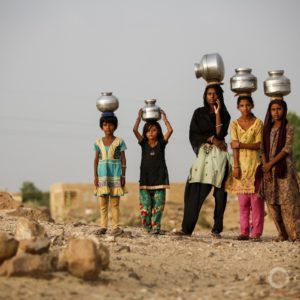HotSpots H2O, July 6: EU Increases Humanitarian Aid to War-Torn DRC
The Global Rundown
The European Commission will provide an additional €5 million in humanitarian aid to victims of conflict in the Democratic Republic of Congo, where access to food, water, and healthcare is increasingly limited. Kenyan pastoralists are combating drought by creating wildlife conservatories and adopting sustainable grazing practices. The number of new cholera cases in Yemen is slowing, but contaminated water and poor health infrastructure could lead to continued spread of the disease. Research by Save the Children details the importance of providing psychological support to children displaced from the brutal ISIS-government conflict in Mosul, Iraq. After a year of dry weather, water scarcity could cause tension on the Korean peninsula.
“You have got more people, with more livestock, on less and less productive rangeland and it’s a really explosive situation. The only answer to this is that everybody has to invest in improving their land.” –Mike Harrison, chief executive of the Northern Rangelands Trust charity, which has played a role in encouraging nomadic Kenyans to implement sustainable land practices. Recent drought has caused numerous conflicts over land and pasture, but some pastoralists in northern Kenya are choosing peace by practicing rotational grazing and forming wildlife conservancies. VOA
By The Numbers
€28 million Total amount of funding that the EU has provided to the Democratic Republic of Congo in 2017. In recent months, armed conflict in the country has forced an average of 8,000 people per day from their homes. The humanitarian aid will help provide the displaced population with water, food, shelter, and healthcare. Relief Web
219,000 Estimated number of cholera cases in Yemen as of June 26, according to WHO. Despite this sobering total, a handful of hopeful statistics are emerging. The number of deaths—1400—is below a one percent case fatality rate, meaning treatment has been “timely and appropriate.” The overall number of new cases is also slowing. Ongoing improvements to water access and healthcare are needed in order to further combat the disease. NPR
Science, Studies, And Reports
In addition to requiring shelter, food, and water, children who have been impacted by the brutal fighting in Mosul, Iraq, are also in dire need of psychological care. Research conducted by Save the Children in an IDP camp outside Mosul found that 90% of children had lost a family member and most struggled to sleep at night due to recurring nightmares. The organization is emphasizing the importance of providing psychological support alongside life-saving aid. Relief Web
On The Radar
Abnormally dry weather could lead to tension on the Korean peninsula. South Korea struggles to conserve rainwater and is the world’s fifth-largest importer of “virtual water,” which is water used in industrial and agricultural production. If low levels of rainfall continue, the country will become increasingly water-stressed. The situation could be further complicated if North Korea changes the water course on the peninsula by releasing water from its dams. The Korea Times
Kayla Ritter is a recent graduate of Michigan State University, where she studied International Relations and Teaching English to Speakers of Other Languages. She is currently based in Manton, Michigan. Kayla enjoys running, writing, and traveling. Contact Kayla Ritter

